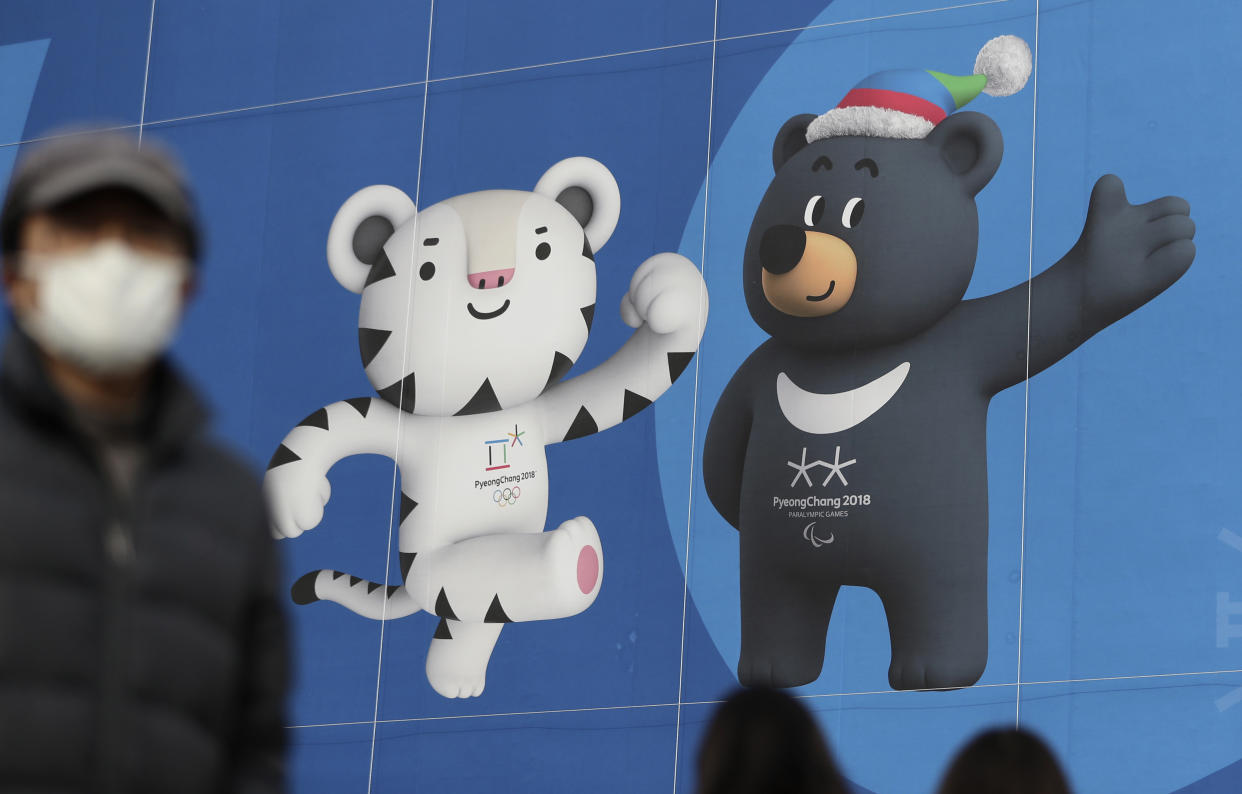The sad truth behind PyeongChang's bear mascot

“Bandabi” the Asiatic black bear is everything you could want in an Olympic mascot: cute and cuddly, seen all over PyeongChang with a smile on its face.
Animal-rights activists are also hoping it leads to change in South Korea, where the Asiatic bears — also known as moon bears for the crescent shape on their chest — are kept on farms and killed for their bile, which is used in traditional medicines. According to Jill Robinson, CEO of Animals Asia, there are roughly 1,000 bears kept on farms in South Korea. Bear farming is also popular in China and Vietnam.
“It’s our hope that the cute and cuddly cartoon moon bear mascot named ‘Bandabi’ will serve as an ambassador of sorts for actual moon bears in South Korea, whose lives are anything but idyllic and cute,” Robinson said. “Bear farming is an extremely cruel and inhumane practice that has no place in modern society.”
Under South Korean law, these bears can be killed at age 10 — less than half the species’ average lifespan of 25. Farmers harvest the bears’ gallbladders for bile, which is used in traditional medicines to cure a variety of ailments.
There’s been a significant downturn in bile harvesting recently as polls have indicated that the demand for traditional medicine has gone down and animal activists’ efforts have made an impact as well. Furthermore, the compound found in bile can now be produced synthetically, and new laws in place prevent farmers from extracting bile from bears while they are alive. Still, there’s progress to be made; animal-rights activists hope to establish sanctuaries to protect the bears when they turn 10.


